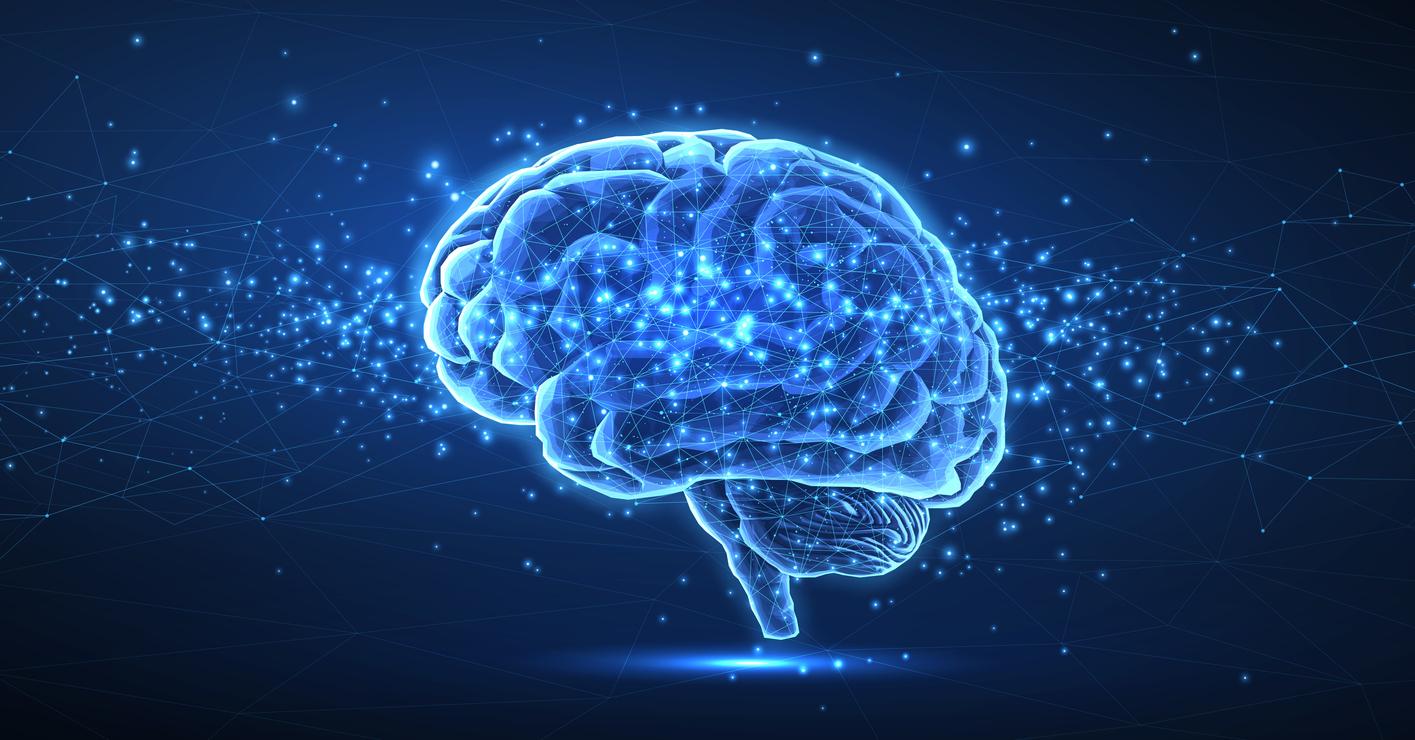Individuals who do not dive deep and long into their paradoxical sleep would have an increased risk of dementia, according to the results of a study published in the medical journal Neurology.
Researchers from the University of Technology in Australia examined 321 people with an average age of 67. During this study, sleep cycles were measured for each participant. The researchers collected the sleep data and followed the participants for an average of 12 years. During this period, 32 people were diagnosed with a form of dementia and 24 with Alzheimer’s disease.
There are five stages of sleep. The first stage is light sleep. Then the body begins to prepare for deeper sleep, stages three and four. The third stage is REM sleep. During this dream phase, brain activity increases, body temperature higher, pulse and breathing faster. The cycles repeat themselves throughout the night.
Disturbed REM sleep, a sign of dementia?
The results of the study showed that people affected by dementia spent an average of 17% less time in REM sleep than other volunteers. For a reduction of 1% of the paradoxical sleep, the probability of suffering from dementia increases by 9%. No other sleep phase was associated with an increased risk.
“THE sleeping troubles are common in dementia, but little is known about the different stages of sleep and whether they play a role in dementia risk,” said study author Matthew Pase, from Swinburne University of Technology in Australia. “We set out to find out which stages of sleep may be linked to dementia and while we haven’t found a relationship with deep sleep, there is with REM sleep.”
To confirm its results, larger studies are needed.
Read also:
Sleeping more than 9 hours a night, a sign of Alzheimer’s?
Sleep: 5 signs that show you are really lacking
Sleep apnea accelerates cognitive decline


















